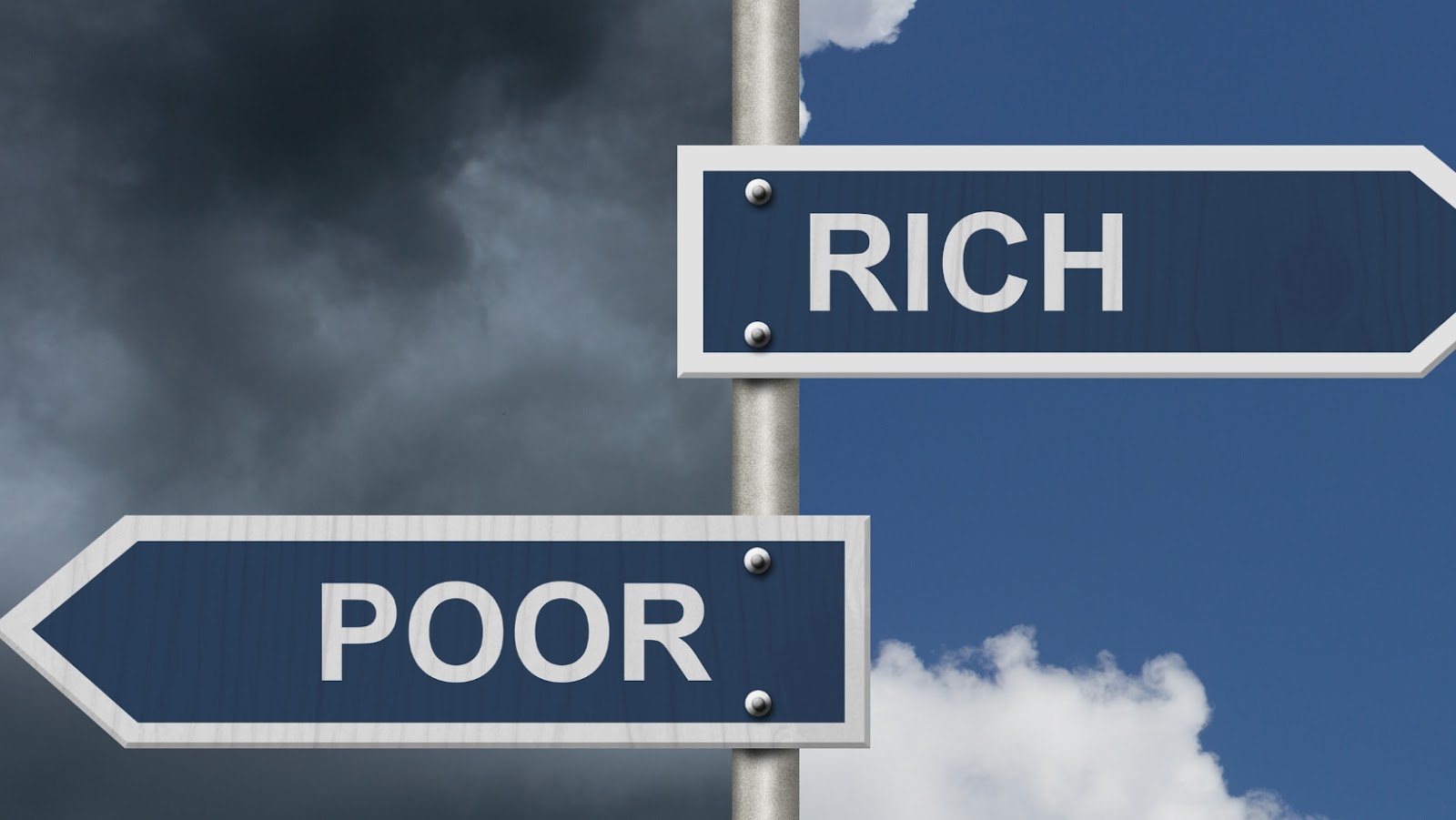
Generational wealth is a concept that explores the transmission of financial resources from one generation to another. However, when it comes to individuals born into poverty, there seems to be a persistent pattern of staying trapped in economic hardship. This phenomenon raises questions about the factors that contribute to the perpetuation of poverty across generations.
For those born into poverty, accessing opportunities for upward mobility can be incredibly challenging. Limited access to quality education, healthcare, and employment opportunities can hinder their ability to break free from the cycle of poverty. Furthermore, systemic inequalities and structural barriers often exacerbate these challenges, making it difficult for individuals from disadvantaged backgrounds to accumulate wealth over time.
The issue of generational wealth underscores the need for comprehensive solutions that address not only individual circumstances but also systemic issues. It necessitates policies and initiatives aimed at leveling the playing field and providing equal opportunities for individuals regardless of their socioeconomic background. By investing in education, job training programs, affordable housing, and healthcare services, we can begin to dismantle the barriers that keep generational poverty intact.
Generational Wealth Born Poor Stay Poor
Generational wealth is a concept that explores the economic patterns and disparities that can persist within families over multiple generations. It refers to the accumulation of financial assets, resources, and advantages that are passed down from one generation to another. The phrase “born poor stay poor” encapsulates the notion that individuals who come from low-income backgrounds often face significant challenges in breaking free from poverty due to limited access to resources and opportunities.
One key aspect of generational wealth is the transfer of assets, such as property, businesses, investments, or inheritance, from parents or grandparents to their descendants. This transfer can provide a head start for future generations by creating a foundation of financial stability and security. These inherited assets can act as a safety net, allowing individuals to pursue education, start businesses, or invest in opportunities that may not have been accessible otherwise.
The cycle of generational wealth can be perpetuated through various means. For example, affluent families may have more financial resources available for quality education and healthcare. This advantage sets up their children for better prospects in terms of employment and upward mobility compared to those born into poverty.
Understanding the dynamics behind generational wealth helps shed light on why some people find it difficult to escape poverty despite their best efforts. Breaking this cycle requires addressing systemic issues such as unequal access to quality education, healthcare, and economic opportunities. By providing equal opportunities and resources to individuals from all backgrounds, we can work towards a more equitable society where generational wealth is not solely determined by one’s birth circumstances.
The Impact of Being Born into Poverty
Growing up in poverty can have a profound and lasting impact on individuals and families. The cycle of generational wealth, or lack thereof, often plays a significant role in determining one’s future financial stability. Let’s explore the various ways that being born into poverty can shape a person’s life trajectory.
Limited Access to Quality Education:
Being born into poverty frequently means attending underfunded schools with limited resources and overcrowded classrooms. This lack of quality education can hinder academic achievement and limit opportunities for higher education or specialized training. Without proper educational foundations, individuals may struggle to break free from the cycle of poverty.
Restricted Economic Mobility:
Generational wealth allows families to invest in assets such as property, stocks, or businesses that appreciate over time. However, those born into poverty often lack the financial resources to make such investments, further limiting their economic mobility. As a result, they may find it challenging to accumulate wealth or access better job opportunities that offer higher wages and benefits.
Lack of Social Capital:
Social capital refers to the networks and connections individuals build throughout their lives. These connections often play a crucial role in securing employment opportunities, mentorship, and access to valuable resources. Unfortunately, those born into poverty typically have limited social networks compared to their more affluent counterparts. This scarcity makes it harder for them to tap into supportive relationships that could aid in personal growth and professional advancement.
Psychological Strain:
Living in poverty places immense psychological strain on individuals due to constant financial stressors and uncertainty about basic needs being met. The emotional toll can impact mental health, self-esteem, and overall well-being. These challenges may manifest as feelings of hopelessness, anxiety, and a lack of motivation to pursue long-term goals.
Breaking the cycle of generational poverty is an arduous task that requires systemic change and targeted interventions. By addressing educational disparities, promoting economic opportunities, improving access to quality healthcare, and providing support systems for individuals born into poverty, we can work towards creating a more equitable society where everyone has a fair chance at financial security and success.

